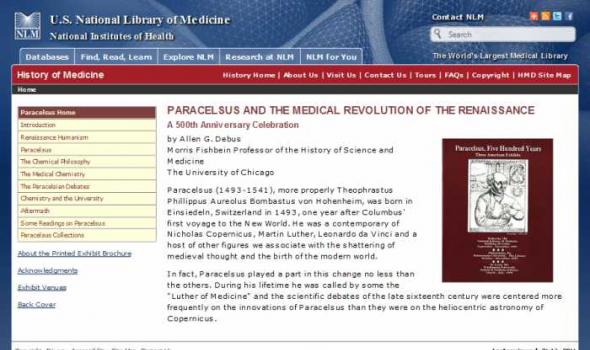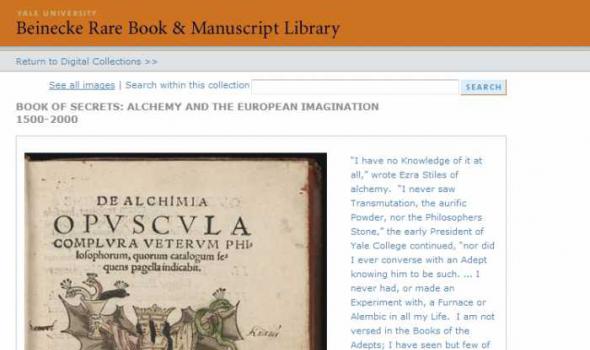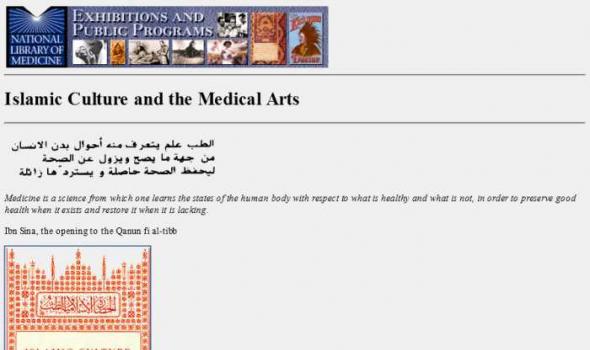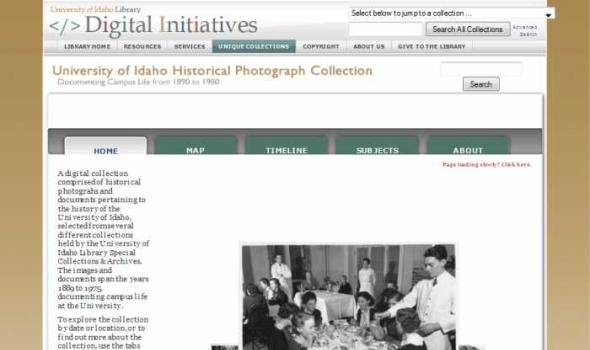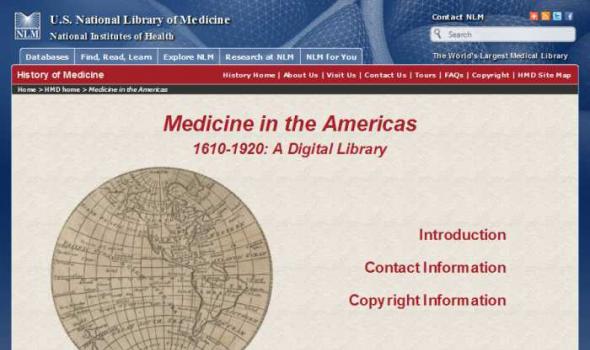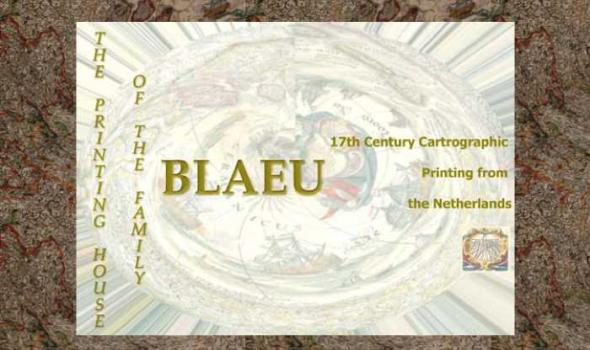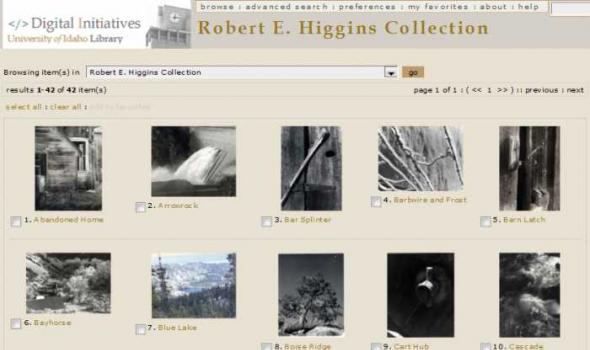Hermeticism
Isaac Newton, like Albert Einstein, is a quintessential symbol of the human intellect and its ability to decode the secrets of nature. Newton's fundamental contributions to science include the quantification of gravitational attraction, the discovery that white light is actually a mixture of immutable spectral colors, and the formulation of the calculus. Yet there is another, more mysterious side to Newton that is imperfectly known, a realm of activity that spanned some thirty years of his life, although he kept it largely hidden from his contemporaries and colleagues.
History of Medicine Introduction This exhibit [and accompanying brochure] highlight the joint observance of the 500th anniversary of the birth of Paracelsus by three American medical libraries -- The Hahnemann University Library, The National Library of Medicine, and The Washington University Medical Library (St. Louis). It has been prepared to accompany the special exhibits which, along with lectures and other programs, are being organized at these libraries. The intent of the various events is to celebrate as well as to explain the contributions of this major Renaissance figure, especially those in medicine, chemistry, and pharmacy.
“I have no Knowledge of it at all,” wrote Ezra Stiles of alchemy. “I never saw Transmutation, the aurific Powder, nor the Philosophers Stone,” the early President of Yale College continued, “nor did I ever converse with an Adept knowing him to be such. ...

